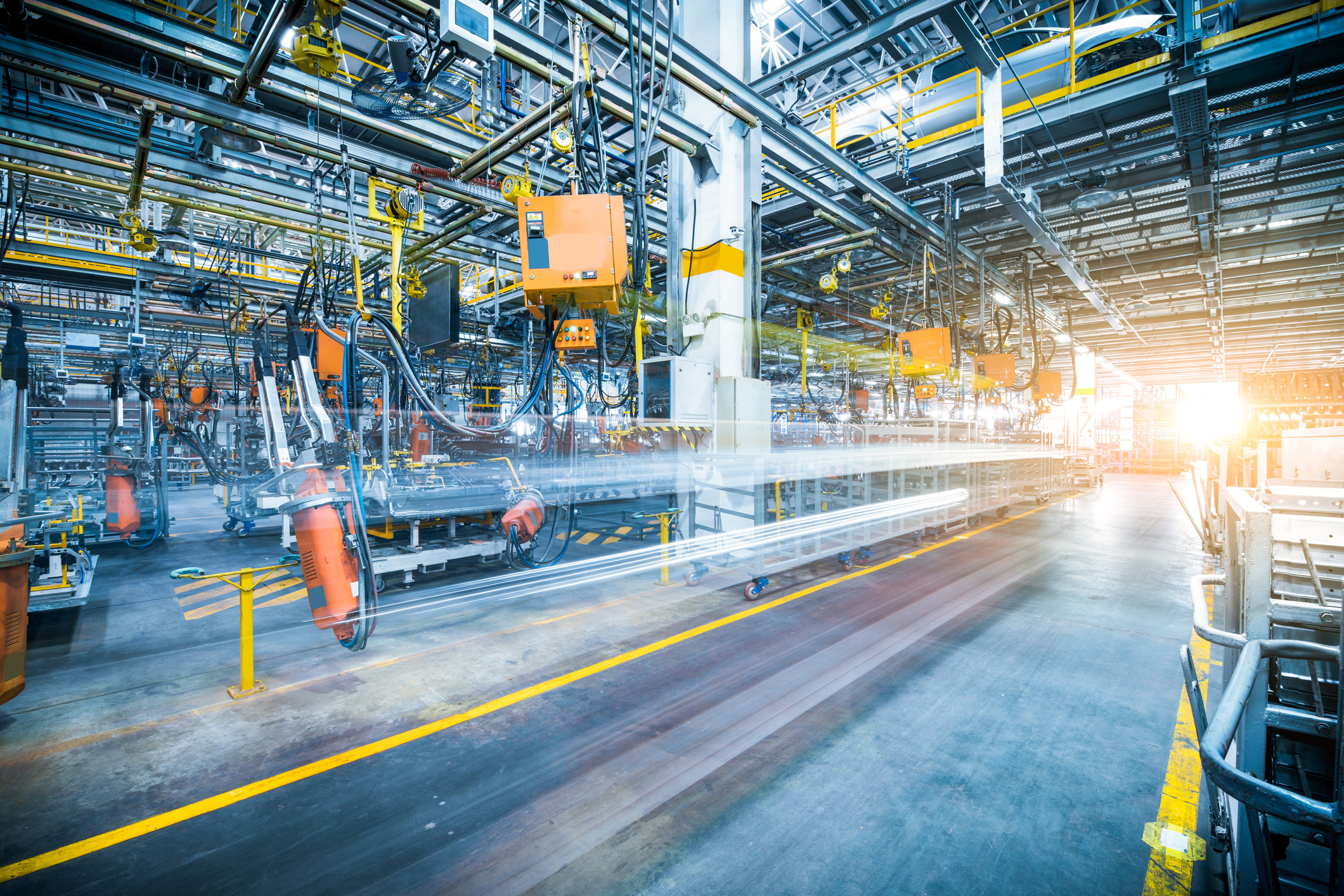Metaverse: Propelling the Next Industrial Revolution – Insights from the World Economic Forum

In a groundbreaking revelation, the World Economic Forum (WEF) has unveiled the burgeoning interest of the manufacturing sector in the United States towards metaverse technology. This revelation was brought to light in a recent report released by the WEF, signaling a pivotal moment in the trajectory of industrial innovation. The metaverse, renowned for its capacity to construct hyper-realistic virtual ecosystems, emerges as a catalyst poised to propel the forthcoming phase of the industrial revolution into uncharted territories.
According to the WEF report titled ‘Navigating the Industrial Metaverse: A Blueprint for Future Innovations,’ a staggering 92 percent of manufacturing firms in the US are actively exploring avenues to integrate metaverse elements into their existing business frameworks. This surge of interest underscores the transformative potential that the metaverse holds for industrial operations, promising to revolutionize traditional paradigms and usher in a new era of digital augmentation.
At the heart of this paradigm shift lies the seamless integration of transformative technologies across industrial value chains, facilitated by the metaverse. By embracing digital twins—a foundational element of the industrial metaverse—and leveraging the synergistic convergence of spatial computing, Artificial Intelligence (AI), Web3, and blockchain, businesses stand poised to unlock unprecedented levels of efficiency, agility, and innovation.
Moreover, the metaverse’s compatibility with cryptocurrencies and Non-Fungible Tokens (NFTs) opens doors to novel avenues of engagement, enabling individuals to traverse virtual realms as avatars from the comfort of their own homes. This paradigm of remote interaction not only enhances accessibility but also fosters a dynamic ecosystem wherein physical constraints are transcended, and boundless opportunities for collaboration and exploration abound.

As the industrial metaverse emerges as a projected $100 billion market globally by 2030, its transformative impact reverberates across sectors, driving operational metamorphosis and catalyzing the evolution of industrial ecosystems. By embracing the metaverse as a strategic imperative, businesses can navigate the complexities of an increasingly digitized landscape, harnessing its boundless potential to redefine the contours of industrial innovation and shape the future of commerce and industry.
The metaverse technology, that creates hyper-realistic virtual ecosystems, is grabbing the attention from the manufacturing sector in the US. This detail has been disclosed in a recent report published by the World Economic Forum (WEF). The metaverse is poised to supercharge the upcoming phase of the industrial revolution, the report says. Compatible with cryptocurrencies and NFTs, the metaverse technology can provide virtual destinations for people to visit as avatars – without having to step out from the comfort of their homes.
“The industrial metaverse, projected to be a $100 billion (roughly Rs. 8,29,018 crore) market globally by 2030, is spearheading operational change by seamlessly incorporating transformative technologies across industrial value chains,” the report said. “The metaverse will propel the next phase of industrial revolution through the convergence of digital twins, a core building block of the industrial metaverse, and three rapidly evolving fields – spatial computing, Artificial Intelligence (AI), Web3, and blockchain.”




















